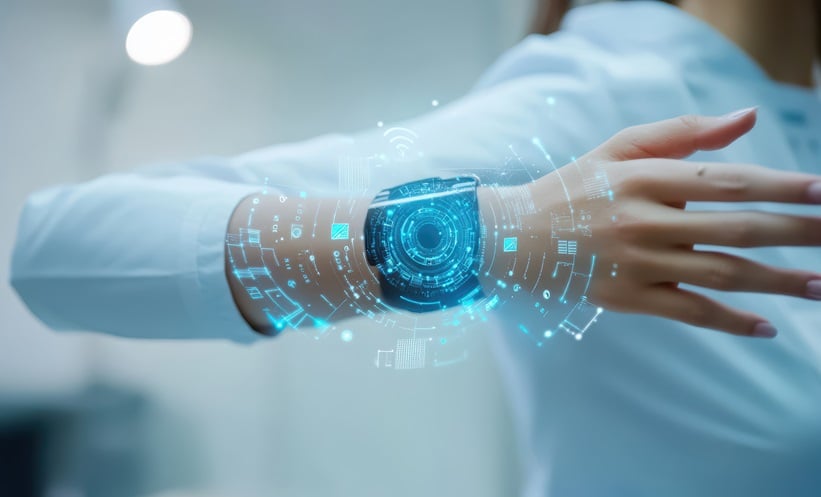RESEARCHERS have found that an artificial intelligence model combining data from wearable glucose monitors, gut microbiome profiles, and lifestyle factors is able to identify diabetes risk long before symptoms appear or traditional blood tests indicate a problem.
The study, conducted as part of the multi-year PROGRESS trial, recruited over 1,000 participants across the US, including healthy, pre-diabetic and diabetic individuals, in a fully remote clinical trial. For 10 days, participants wore Dexcom G6 continuous glucose monitors, tracked meals and activity, and submitted blood, saliva and stool samples for in-depth analysis. The AI model was trained to distinguish between metabolic states using this comprehensive dataset. Researchers found that people with type 2 diabetes often took 100 minutes or more to recover to normal blood sugar levels after a spike, compared to much faster recovery in healthy participants. Additionally, greater gut microbiome diversity and higher physical activity correlated with better glucose regulation, while a higher resting heart rate signalled greater diabetes risk. Even among people with similar HbA1c values, the AI could identify substantial differences in underlying risk, which were not visible with conventional lab tests. The model’s accuracy was confirmed using an independent cohort.
Researchers conclude that this advanced AI approach could allow clinicians to identify and intervene with patients at highest risk of disease progression much sooner. The technology may ultimately support more tailored lifestyle or therapeutic interventions, transforming standard practice in diabetes prevention and management.
Reference
Carletti M et al. Multimodal AI correlates of glucose spikes in people with normal glucose regulation, pre-diabetes and type 2 diabetes. Nat Med. 2025;DOI:10.1038/s41591-025-03849-7.








